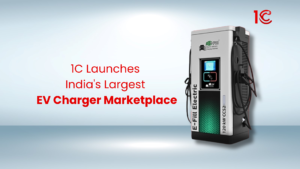
Menu
Menu
Electric vehicles are a great choice for travelling in the city. They are cost-effective, easy to operate, and good for the environment because they ensure zero carbon emissions. For people looking to save up money on their everyday travel, electric vehicles can be the best option.
One of the most intriguing features of EV cars is their charging infrastructure. Unlike traditional petrol, diesel, and CNG vehicles, EV cars offer many ways to charge. EVs can be charged with the help of EV Chargers, and these chargers can be found at home, public places, offices, and dedicated charging stations. They come in various types, such as Type 1 and Type 2, as well as AC and DC. Most importantly, unlike petrol-based vehicles, EVs can also be charged at home. So, while you are enjoying your goodnight’s sleep, your vehicle will be charged and ready for the next day’s travel. Here is how you can set up an EV charger at your home:
1. Obtain permission from your local electricity board and authority: First of all, get in touch with your local electricity board to find out whether your home electricity system can be used for EV charging. Additionally, you should also reach out to the local authority to obtain charging permission. For many places in India, such as individual housing complexes or society apartments, there should be no restriction, but it’s best practice to inform the concerned authorities.
2. Ensure that your electricity service can take the load of the EV Charger: While the traditional 15A sockets work perfectly well for AC slow chargers, many DC fast chargers may require a heavy load. Find out how much load your electricity systems can take. You don’t want to cause unnecessary MCB trips and malfunctions. In case you do not meet the requirements, contact the local electricity department to increase the supply limit.
3. Select the Right EV Charger: Choosing the right EV charger is the most crucial step. Based on your EV car battery capacity, default connector type, and personal need (such as slow vs fast charging), there are many options, such as the 3.3 kW AC slow charger or the 22kW DC fast charger, to name a few among the many. To find the right charger for your vehicle, skip to the section below.
4. Perform a custom or professional installation You can plug in your EV adapter straight into the traditional 15A socket and enjoy the benefit of home charging. Additionally, you can install the purchased EV charger on your own and save up on the labour cost. However, it is considered best practice to have a professional install your machine as they will follow all safety protocols and keep your home charging station secured. Furthermore, a professionally maintained, CMS-integrated EV Charger (such as 1C EV Charger) will give you stronger control, letting you monitor your EV charging from mobile apps, etc. ‘Get 1C EV Charger.’
5. Test your charger: Test your vehicle for charging. Park the vehicle, pull up the handbrake, and ensure that all connectors click into their respective sockets. The vehicle should be charging.
The amount of electricity that your EV charger consumes will be based on various factors like the type of charger, your EV car battery capacity, km you travel, and usage etiquette. For a seasoned user with 100km+ city rides on a daily basis, your home EV charging station can eat up to as much as 500-800 units of electricity on a monthly basis.
This will amount to about 4-5k INR of monthly expenditure on your electricity bill. However, compared to your petrol/CNG/diesel car, you will save about 3x per month. Other than this, you also have the option to charge the EV at public places or fast charging stations. Additionally, in some states, EV Chargers have subsidies and tax exemptions, so you may benefit from the policies as well.
All in all, having an EV Charger at your home provides added comfort and ensures that your EV journeys are free of the pain of range anxiety and other charger-related concerns.
Choosing the right charger is essential to make the most out of your home charging station. Based on your requirements, there are various options.
Slow vs Fast Charger
Slow chargers are usually AC 3.2 kW chargers, which can take up to 10 hours to charge your vehicle. They are perfect for overnight charging and can be installed easily. If you are the one to prefer charging your EV at night, then this might be the best one for you.
Fast chargers range from 7.2 – 60 kW and more, and most of them are type 2 DC chargers. They can charge an electric vehicle in about 30 minutes to 2 hours and are suitable for all those who are in need of quick charging. On account of their speed, they can be spotted quite easily at parking lots, public places, and dedicated charging stations. You can also install a fast DC charger at your home, but make sure that your electricity systems can take up the load.
Type 1 vs Type 2
Type 1 is a category of EV charger which usually has 5 pins in its connector cables. It can provide fast charging at an output between 3.3 kW to 7.4 kW. Initially, many vehicles in India were compatible with Type 1 chargers only, but nowadays, due to standardisation, most vehicles use Type 2 Chargers.
Type 2 chargers are the ones that usually have 7 pins in their connector cables. They are the most commonly used EV charger in India and most of the public EV charging spaces sport type 2 chargers.
In order to select the right charger, you have to find which type of charger is supported by your EV. Additionally, you will also have to determine what charging cables are required to charge your EV. Once you have obtained the correct information, you can go ahead and install the charger at your home.
EV Chargers are easily available in India and can be installed at home professionally or for free. They can charge your EV in hours or minutes based on whether you are using slow AC charging or fast DC charging. They will eat up about 400-800 units of electricity and cost you about 2.5-5k INR on a monthly basis. It is a great option to have at home and ensures that you are saving up on emissions. Also, since EV chargers are relatively new, many charging apps and chargers are giving out free offers, membership plans, etc. So, put your EV worries to rest and install one charger right at your home. There’s nothing like leaving for a trip with a fully charged EV!
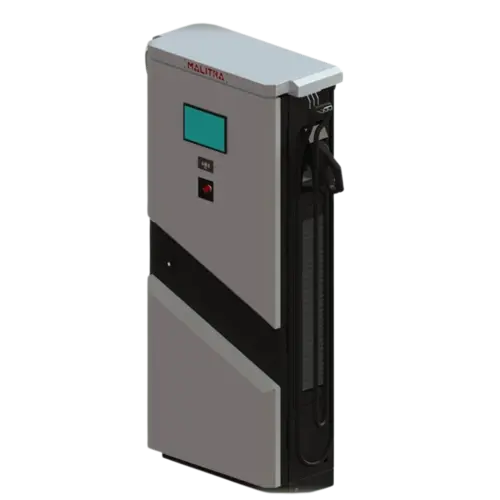

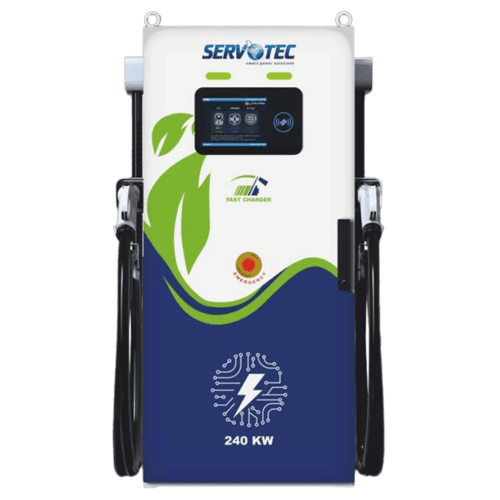
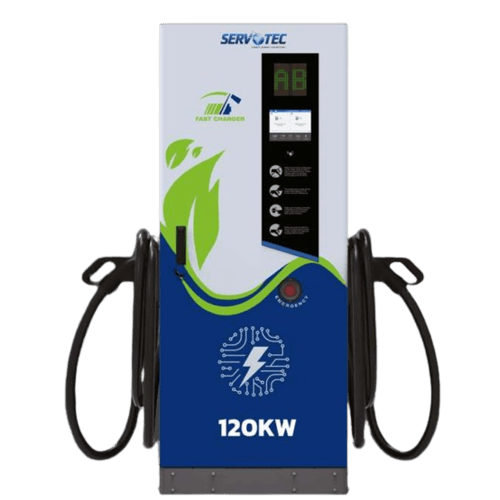
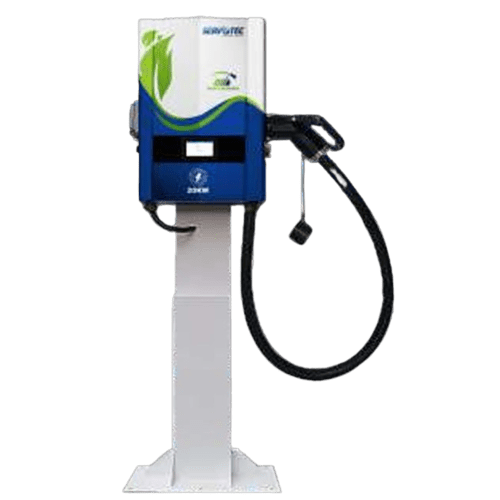
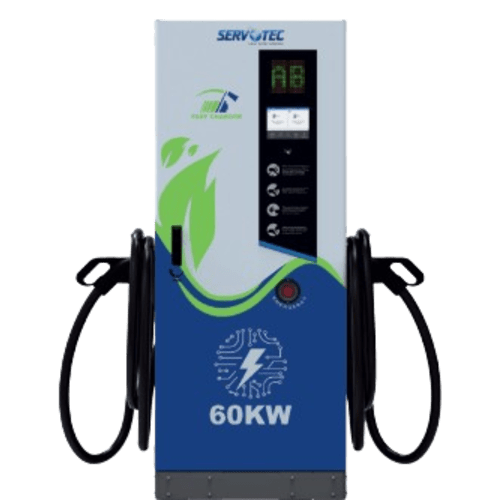
© 2024 Massive Mobility Private Limited. All rights Reserved